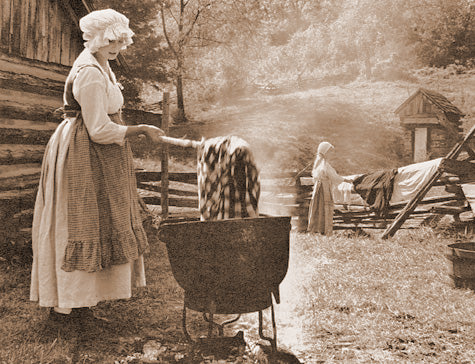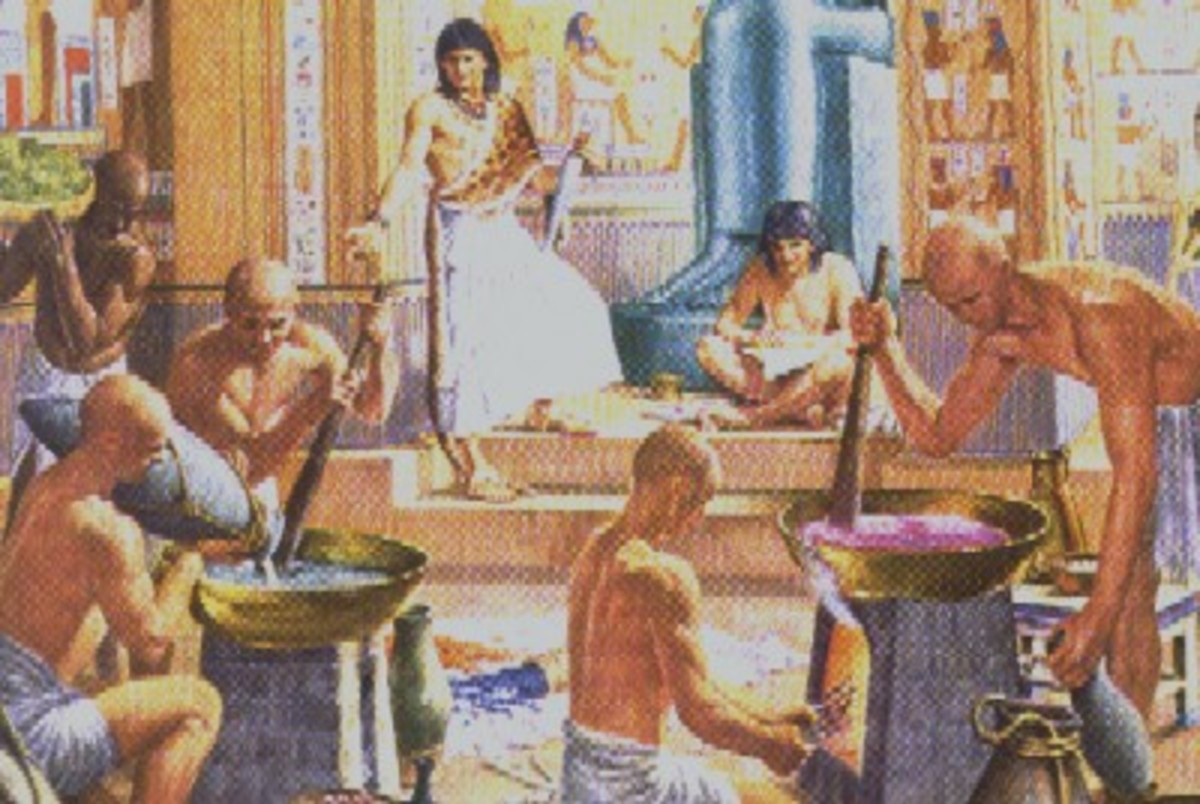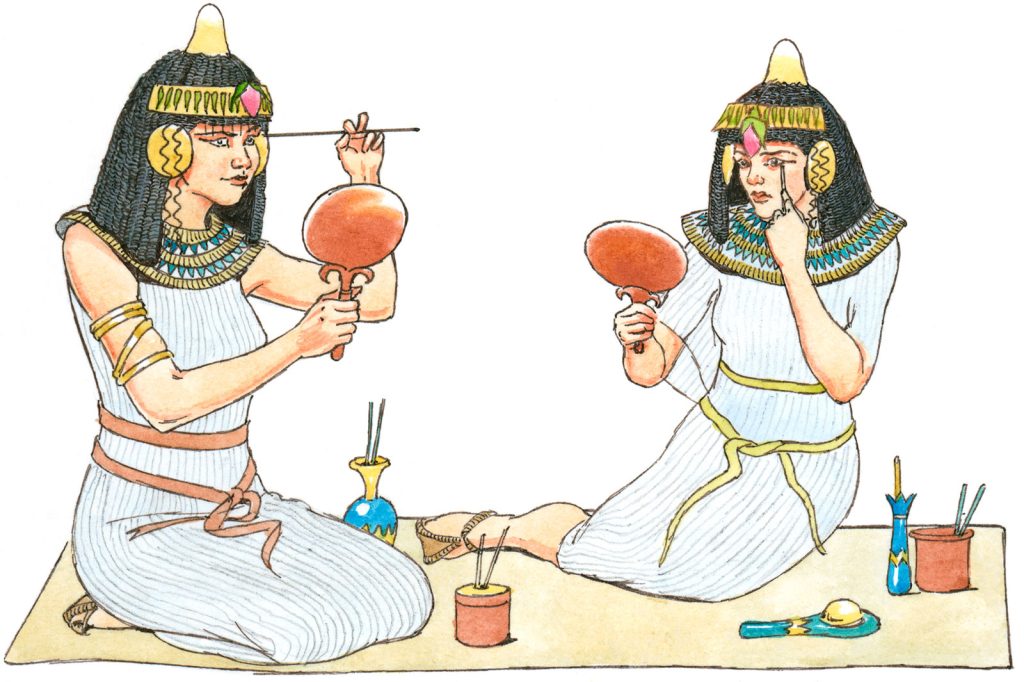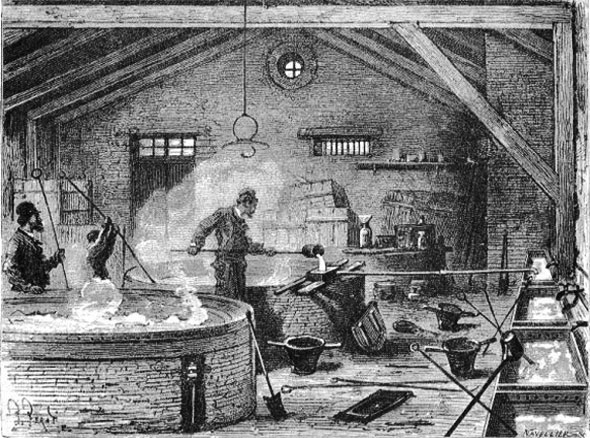
The History of Soap Making
Soap making has a rich and varied history that dates back thousands of years. This fascinating journey begins in ancient civilizations and evolves into the contemporary focus on natural and organic products. Let's delve into this intriguing evolution.
Ancient Beginnings

The origins of soap can be traced back to ancient Babylon, around 2800 BCE. Archaeologists have discovered soap-like materials in clay cylinders from this era, along with inscriptions detailing soap-making recipes. These early soaps were made from a combination of animal fats and wood ash.
Egyptian Innovations

The ancient Egyptians further advanced soap making around 1500 BCE. Egyptian manuscripts reveal that they used a substance similar to soap for washing and treating skin diseases. They combined animal and vegetable oils with alkaline salts to create a cleaner that was more sophisticated than their Babylonian predecessors.
Greek and Roman Contributions
The knowledge of soap making spread to the Greeks and Romans, who enhanced the process significantly. The Romans, in particular, popularized the use of soap. By the first century CE, they had established public baths and began using soap as an essential part of their hygiene routine. Roman soap was typically made from tallow and ashes, which were boiled together.
Medieval Europe and the Renaissance

During the Middle Ages, soap making became a respected craft in Europe. Soap makers formed guilds, and production methods improved. By the 13th century, soap making centers had emerged in Italy, Spain, and France. These regions, known for their high-quality olive oil, produced a soap that was both effective and luxurious.
The Renaissance period saw further advancements in soap making. Scientific discoveries led to better understanding and refining of soap production techniques. The use of perfumes and colors became more common, giving rise to the luxurious and scented soaps we know today.
The Industrial Revolution

The Industrial Revolution in the 18th and 19th centuries revolutionized soap making. With the invention of new machinery and the discovery of chemical processes like saponification, soap could be mass-produced. This accessibility turned soap from a luxury item into a household staple.
Modern Era: Emphasis on Natural and Organic Products
Today, there is a growing emphasis on natural and organic soaps. As consumers become more conscious of what they put on their skin, many are turning away from commercial soaps laden with synthetic chemicals and artificial fragrances. Instead, there is a resurgence in traditional soap-making methods using natural ingredients.
Modern natural soaps often include:
- Plant-based oils such as coconut, olive, and palm oil
- Essential oils for fragrance and therapeutic properties
- Herbs and botanicals like lavender, chamomile, and calendula
- Natural colorants such as clays and plant extracts
These ingredients not only make the soap gentler on the skin but also environmentally friendly.



Leave a comment